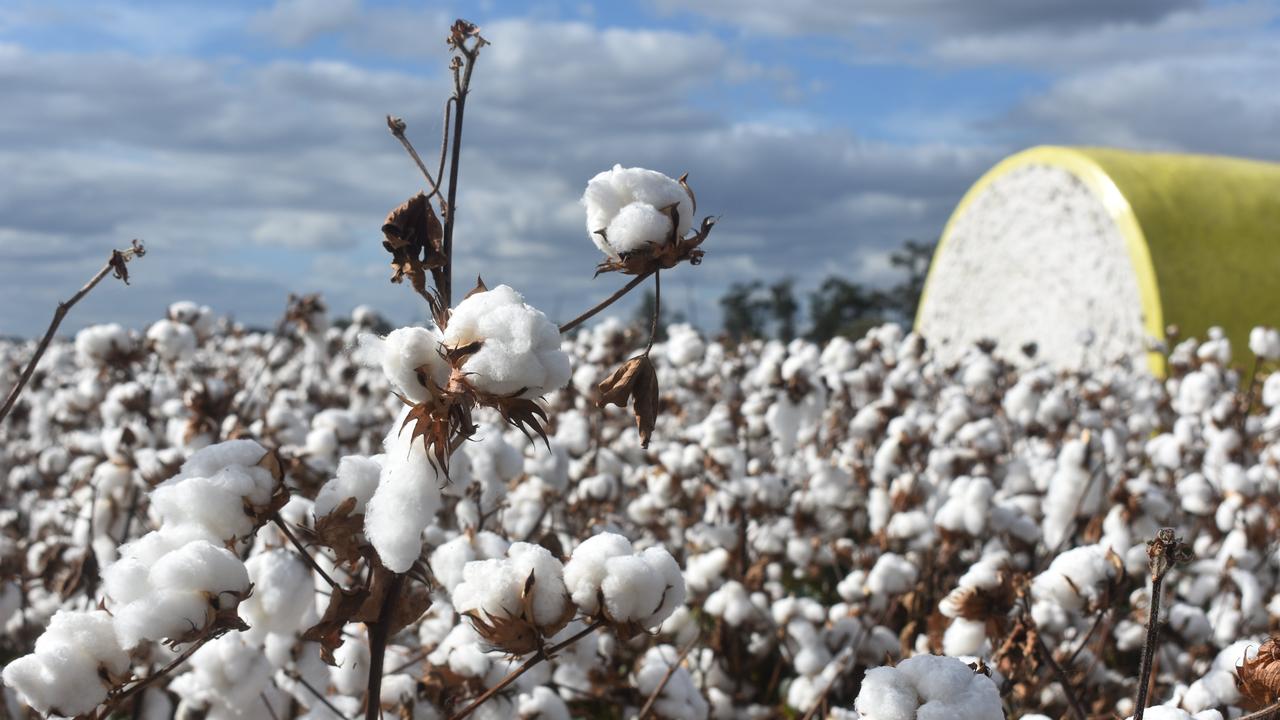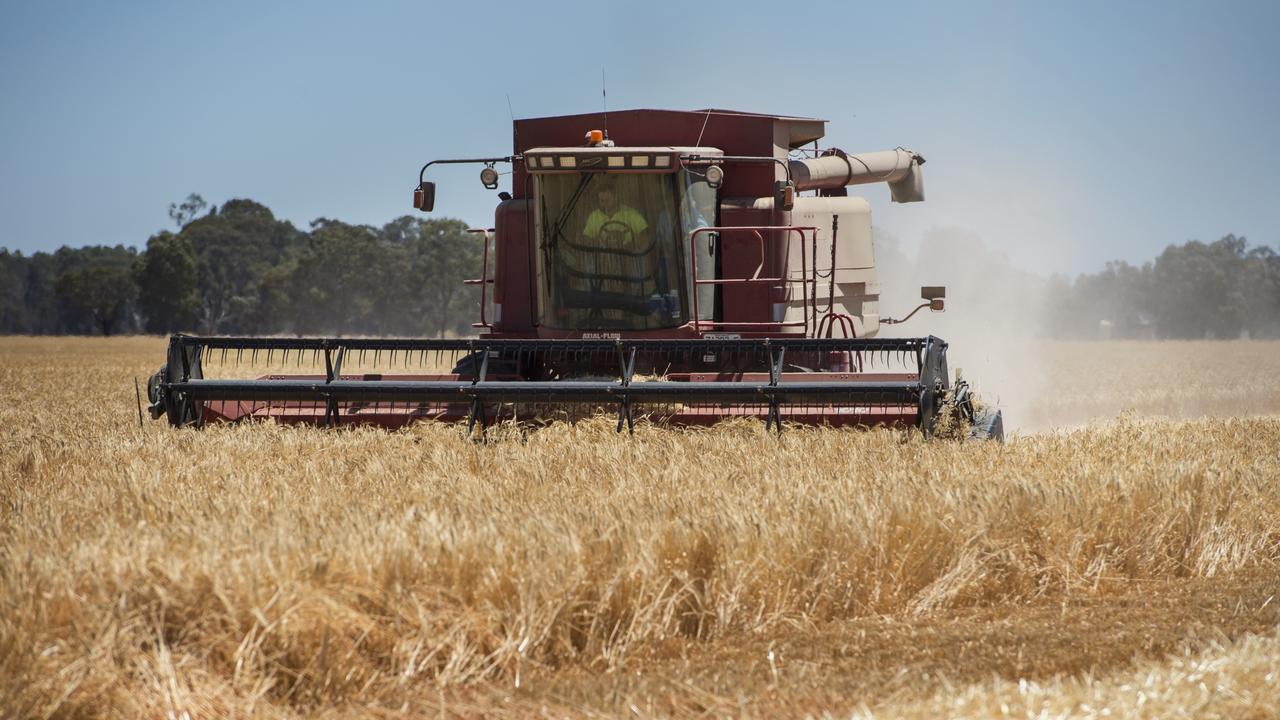What is worse? Spraying Roundup or eating a steak?
WHAT is more likely to cause cancer; eating a steak, or spraying the herbicide glyphosate to kill weeds? According to an world agency for cancer research, the answer is both.

WHAT is more likely to cause cancer: eating a steak, or spraying the herbicide glyphosate to kill weeds?
According to a world agency for cancer research report, the answer is both.
Eating red meat, working as a hairdresser, and spraying glyphosate are all activities that could equally cause cancer in humans, according to a report prepared by the International Agency for Research of Cancer.
IARC’s 2015 report evaluating the carcinogenicity of glyphosate has been at the centre of recent debate and discussion into the use of the herbicide in agriculture across the world.
Following recent calls from the Cancer Council of Australia for an independent review into the use of glyphosate, advocates from all sides of the debate have rushed to both defend and denounce the use of one of the most widely used herbicides in the world.
One industry expert went as far as to declare glyphosate less toxic than table salt.
In IARC’s 2015 report, glyphosate was deemed “probably carcinogenic to humans”, placing it on list Group 2A of other possibly carcinogenic agents.
Drinking hot beverages at above 65C, shift work that disrupts your circadian rhythm, consuming red meat, a number of drugs used in the treatment of cancer, and a chemical used in the production of dyes are also listed with glyphosate by IARC as “probably carcinogenic”.
Working as hairdresser or barber, emissions from high-temperature frying, a broad-spectrum insecticide used in agriculture and pest eradication programs, a by-product of diesel engine emissions, and a drug used for the treatment of diabetes also feature on the list.
READ MORE: EMOTION OUTWEIGHS EVIDENCE
READ MORE: APVMA DEFENDS GLYPHOSATE
IARC defines risk as an “estimate of the carcinogenic effects expected from exposure to a cancer hazard”.
A cancer hazard is defined by IARC as “an agent capable of causing cancer under some circumstances”.
University of Adelaide senior medicine lecturer Ian Musgrave said acute exposure to glyphosate was “slightly less toxic than table salt”.
“Glyphosate targets an enzyme that is found only in plants and some bacteria, and so has little toxicity in animals,” Dr Musgrave said.
He said IARC classified any potential hazard, and tended to err on the side of caution.
“Firstly, it is important to note that the IARC classifies on hazard, not risk, which has entirely different implications in a regulatory environment.
“This is the likelihood there is a possibility or probable risk of cancer under any exposure condition, whereas the regulatory bodies are looking at whether there is a risk under normal human usage.”
Cancer Council Australia chief executive Sanchia Aranda said the council was not seeking a ban on glyphosate products nor reconsideration of whether they should be sold in Australia.
“We understand that these types of products are important to Australian farmers, however we do want to see ongoing collection of data and literature reviews to determine whether Australian workers are properly protected,” Dr Aranda said.
Australia’s regulatory body for glyphosate-based products, the Australian Pesticides and Veterinary Medicines Authority, has doubled down and defended its regulatory systems and decisions regarding glyphosate.
“Our regulatory position on glyphosate is unchanged,” an APVMA spokesman said


